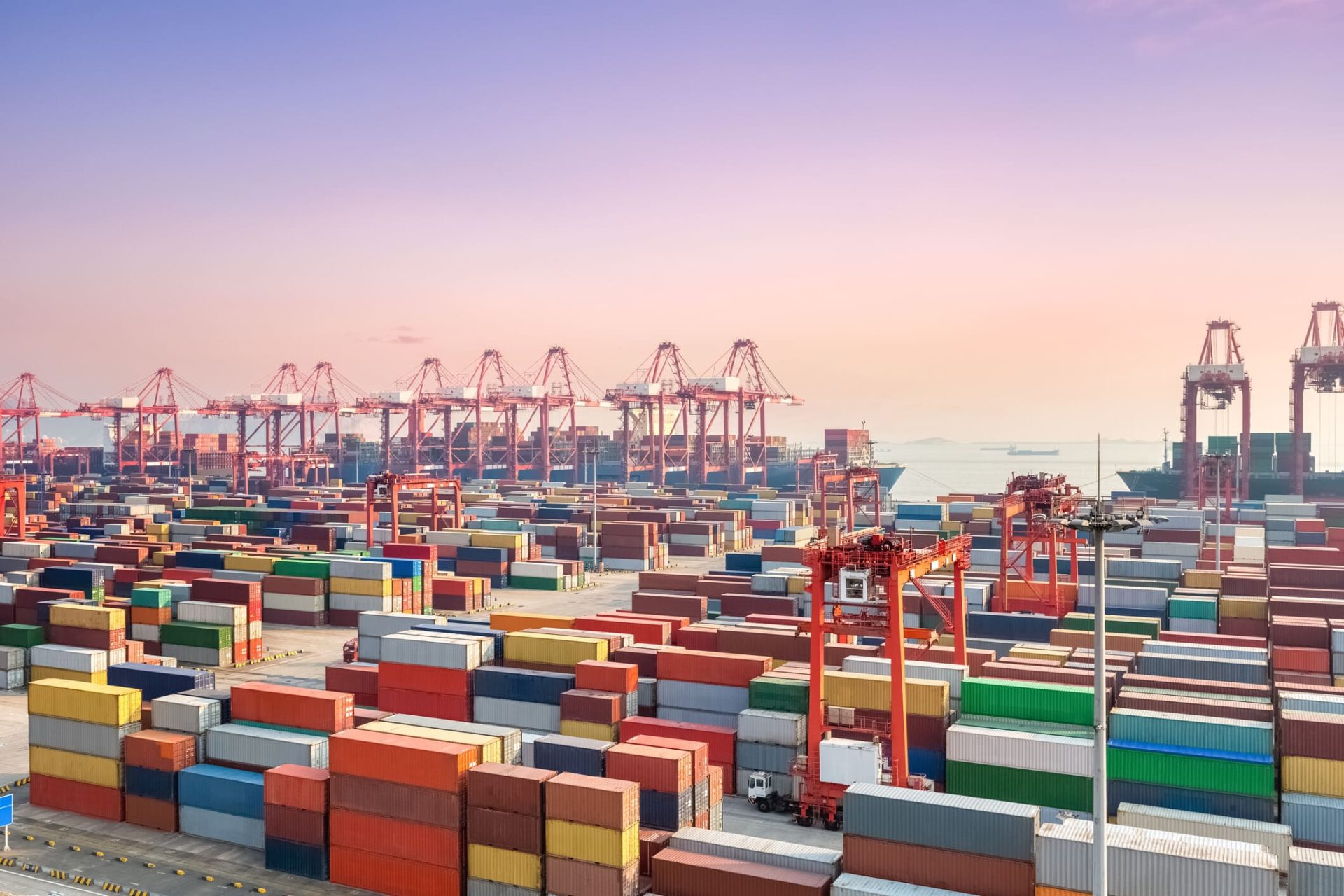- China has become Africa’s largest trading partner and creditor in recent years under programmes such as the Belt and Road Initiative.
- Now, China-Africa economic relations are entering a new chapter as both face a global economic slowdown.
- China’s private sector is now likely to lead trade and investment in Africa, while new initiatives like the African Continental Free Trade Area (AfCFTA) will promote the growth of regional value chains by offering Chinese businesses access to a larger unified African market.
This article was first published on CNBC Africa.
Over the last 20 years, China has become sub-Saharan Africa’s largest bilateral trading partner. Around 20% of the region’s exports now go to China and about 16% of Africa’s imports come from China, according to the International Monetary Fund (IMF). This amounted to a record $282 billion in total trade volume in 2023. Primary commodities — metals, mineral products and fuel — represent about three fifths of Africa’s exports to China, while it typically imports Chinese manufactured goods, electronics and machinery.
At the same time, China has also emerged as the largest bilateral creditor to Africa, providing African countries with a new source of infrastructure, mining and energy financing. China’s share of total sub-Saharan African external public debt was less than 2% before 2005 but grew to about 17%, or $134 billion, by 2021.
Moreover, Chinese foreign direct investment (FDI) has increased significantly over the last two decades. In 2003, the annual FDI flow from China to Africa was approximately $75 million. It peaked at $5 billion in 2022, representing about 4.4% of the region’s total FDI. The Belt and Road Initiative (BRI), a global development strategy launched in 2013, is the framework for China’s FDI directed primarily towards transportation, energy and mining infrastructure.
While the relationship between China and the African continent has been ripening over the years, a recent deceleration of economic growth means they will now need to take a more prudent approach if they want to maintain future trade relations and investment flows.
China-Africa economic relations are evolving
In 2020 and 2021, China and Africa continued to strengthen their economic cooperation through various strategic plans and initiatives within the frameworks of the BRI and the Forum on China-Africa Cooperation (FOCAC), a partnership platform established in 2000. This cooperation plan is focused on aligning the BRI with the African Union’s Agenda 2063 — a strategic framework for the socio-economic transformation of the continent over the next 50 years.
The cooperation plan prioritizes improving infrastructure connectivity across Africa to facilitate trade and economic integration. It also aims to enhance trade facilitation, financial integration and policy coordination between China and African countries. The latter will ensure development strategies are harmonized and mutually reinforcing.
However, China’s investments and loans in Africa have declined in recent years. This shift has been attributed to various factors including a slowdown in China’s economic growth and its desire for a more sustainable development model. Consequently, total new loan commitments in 2022 were only $995.5 million compared to a high of $28.5 billion in 2016. And at the last FOCAC held in November 2021, China announced a $40 billion financial commitment to Africa, a significant decrease from the $60 billion pledged in 2018. About half of this decrease was due to a fall in infrastructure lending.
The new commitments signify a shift away from direct infrastructure financing towards trade credit for regional exports, while promoting an increase in private investments. China is also buying less crude oil from Africa, leaving major African oil producers earning significantly less than they did before the pandemic.
African economies have certainly benefited from China’s unprecedented growth, but they must now adapt to a deceleration of export volumes, investments and loans. According to the IMF, every 1 percentage point decline in China’s real GDP growth rate leads to about a 0.25 percentage point decline in sub-Saharan Africa’s total GDP growth within a year.
The next chapter in China-Africa economic relations
In the decade ahead, China’s private sector, rather than its state-run enterprises, will likely lead trade and investment in Africa. Of the 3,000 Chinese enterprises that are invested in Africa, more than 70% are private sector businesses. The African Continental Free Trade Area (AfCFTA) is likely to accelerate this trend by promoting the growth of regional value chains, offering Chinese businesses access to a larger unified African market. A similar outcome was realized with the EU’s single market – China is now the EU’s largest external import partner.
Officially launched in 2021, the AfCFTA creates a single market projected to grow to 1.7 billion people and $6.7 trillion in consumer and business spending by 2030. The preferential trade agreement will increase international exports and intra-African trade, particularly in agriculture and green technology minerals. This will unlock opportunities for local and global businesses to enter and expand throughout new markets across the continent. The first private sector action plan for the AfCFTA was launched at the World Economic Forum’s annual meeting in January 2024.
To realize this immense potential, both regions must prioritize greater coordination between the AfCFTA and the BRI. Investments should be targeted to catalyze the region’s industrialisation and manufacturing plans, and to enhance trade connectivity. At a BRI Forum in October 2023, the Chinese government said the next phase of the BRI will be “small yet smart”, with an increased focus on green development and the digital economy.
Better coordination and synergy will ensure mutual benefits and sustainable growth for Africa and China. Ministers and business leaders from Africa are convening in China for the Annual Meeting of the New Champions in June to advance progress in regional cooperation and coordination. These discussions will focus on building on the momentum created to date, while also finding growth amid increasing geopolitical and economic risk.
This article was originally sourced from: WEF
#Economic #Relationship



